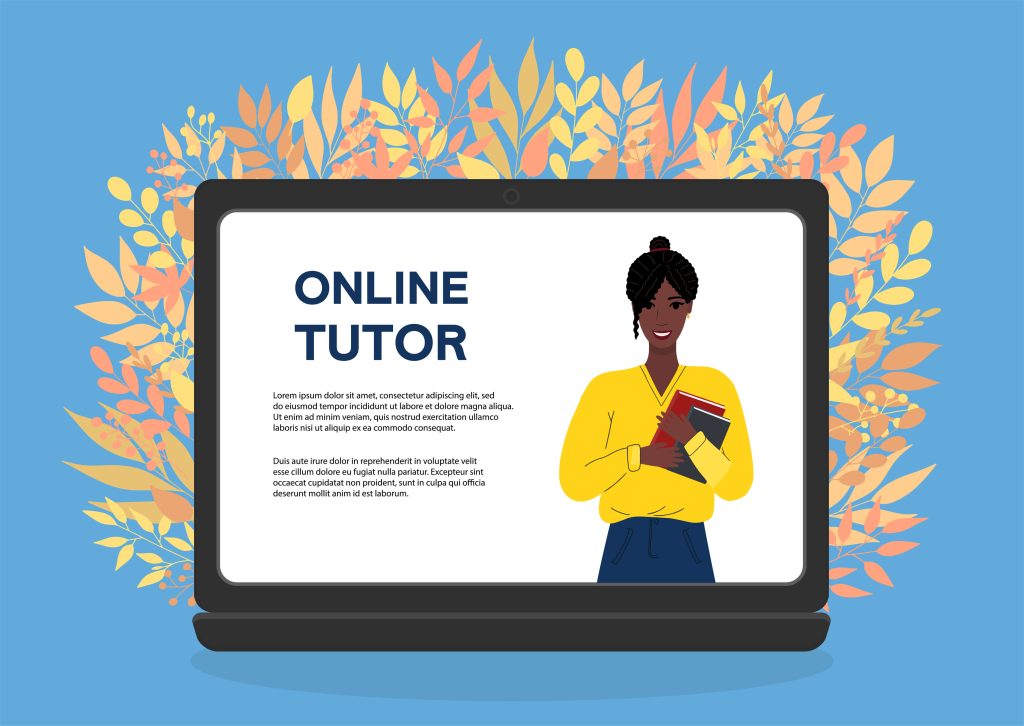Teaching English is not only a pleasure but also a challenge. Why is there so much talk about teaching adults and what methods should be used for this age group? This is what you will find out in this article!
Effective English lessons for adults
Adult learners have less time for learning and are focused on faster results, because they often confirm the achievement of their goals and, on the other hand, are a source of motivation. Therefore, for them an effective English lesson usually means achieving their goals within a defined period of time. With this in mind, the tutor should be properly prepared before starting work with each learner. How to do it? First of all, the tutor should start with lesson plans that are primarily goal-oriented. However, to make these plans realistic, it is worth doing it according to the SMART method, which assumes that the goal must be:
1. Specific – should be clearly formulated. Details are essential when working with adults!
2. Measurable – the goal should be measurable in order to assess the extent to which it has been achieved. In this case, percentages work best. It could be, for example, an assessment of whether you have achieved a specified level, e.g. A1 mastered at 75%. It is a good idea to make it more specific and divide it by percentage into particular modules, i.e:
– listening comprehension
– speaking
– writing
– reading.
Through these modules, learners will receive more concrete feedback and will know what they still need to work on.
3. Achievable – the goal must not be too ambitious but adapted to the level and needs of the learner, as well as to the frequency of classes.
4. Relevant – the goal must be important to the learners, i.e. it must reflect their values so that they are motivated. They need to see that they make progress in learning and that the learning process brings them concrete benefits.
5. Time-bound – the goal must be time-bound. In short, schedule of classes + deadline.
What else is important in teaching adults?
Lesson plans are definitely a key part of organization of lessons, but they do not make a tutor effective in teaching adults. Preparing an engaging lesson plan is essential. Adult learners are often demotivated at the beginning of the learning process. Of course, there are enthusiastic learners who are passionate about learning a language and look forward to the next lesson, but unfortunately a large percentage of adult learners feel the pressure. Participation in lessons is a requirement imposed by an employer or a condition of promotion. Then this additional stress and demotivation have to be overcome with suitable methods which are different from those used in teaching young learners. Forget about monthly tests, compulsory homework, and checking newly learned vocabulary.
Teaching English to adults is also a test of the tutors’ soft skills. A very important competence is flexibility. Tests should be replaced by conversation, working with authentic materials, such as webinars on YouTube or movies on Netflix that are related to learners’ interests. It will help to arouse their curiosity, which is certainly a challenge in language teaching.
Diversified materials, progress in reading comprehension and, above all, in speaking allow learners to increase their confidence while listening. And this is undoubtedly a great value! The lessons should be goal-oriented and the tutor who wants to be appreciated and positively assessed by adult learners should remember that adults have little time to focus on learning English. Therefore, the cornerstone of each lesson is a practical approach. The learners will refuse to learn useless structures and words, so they must know the purpose of every lesson. An effective tutor also knows that an adult is able to assess the results of their work. The teacher is there to give advice, point out strengths and weaknesses, and suggest specific solutions. Teaching adults can be quite difficult, because it requires a combination of hard and soft skills, which are essential for any tutor who wants to teach adults effectively!






